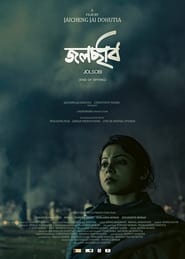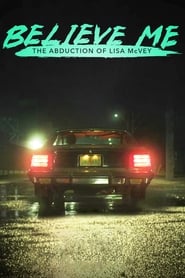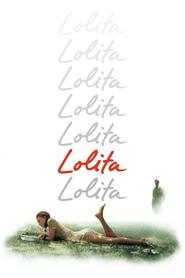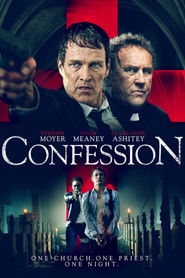Writer and Director Jaicheng Jai Dohutia utilises metaphorical imagery such as Tapashi trudging through a murky waterlogged field to convey a young, unmarried, and unemployed woman’s sense of unease. She must navigate troubled waters brought by feelings of burnout, dissatisfaction, frustration, and inability of securing her place in society. The opening shot of Tapashi fearfully hiding in the woods juxtaposed with her family members searching for a cow that refuses to be found also effectively captures these feelings; we feel the aura of discontent, as well as the listless nature of the protagonist.
Tapashi as dwelled in the city for a long time and finds country life difficult; even familiar faces in the village seem like distant and vicious uncivilized monsters out to attack her. Furthermore, her deep-seated insecurities worsen as she feels trapped in a labyrinth in the very hometown she grew up in. The film also explores how the youth and lesser privileged individuals are forced to run from pillar to post; they must wait long intervals with no satisfactory results.“Jolsobi” also touches upon Tapashi’s fellow female classmates encountering similar personal and professional problems and finding themselves trapped too, just like Tapashi. Another positive of “Jolsobi” it’s never derogatory towards the supporting characters who are as helpless as Tapashi herself. This includes her superstitious and religious parents









![She Said [Dual Audio]](https://image.tmdb.org/t/p/w185/770tuDli5fyV3tfjdRnKOVdP6gf.jpg)







